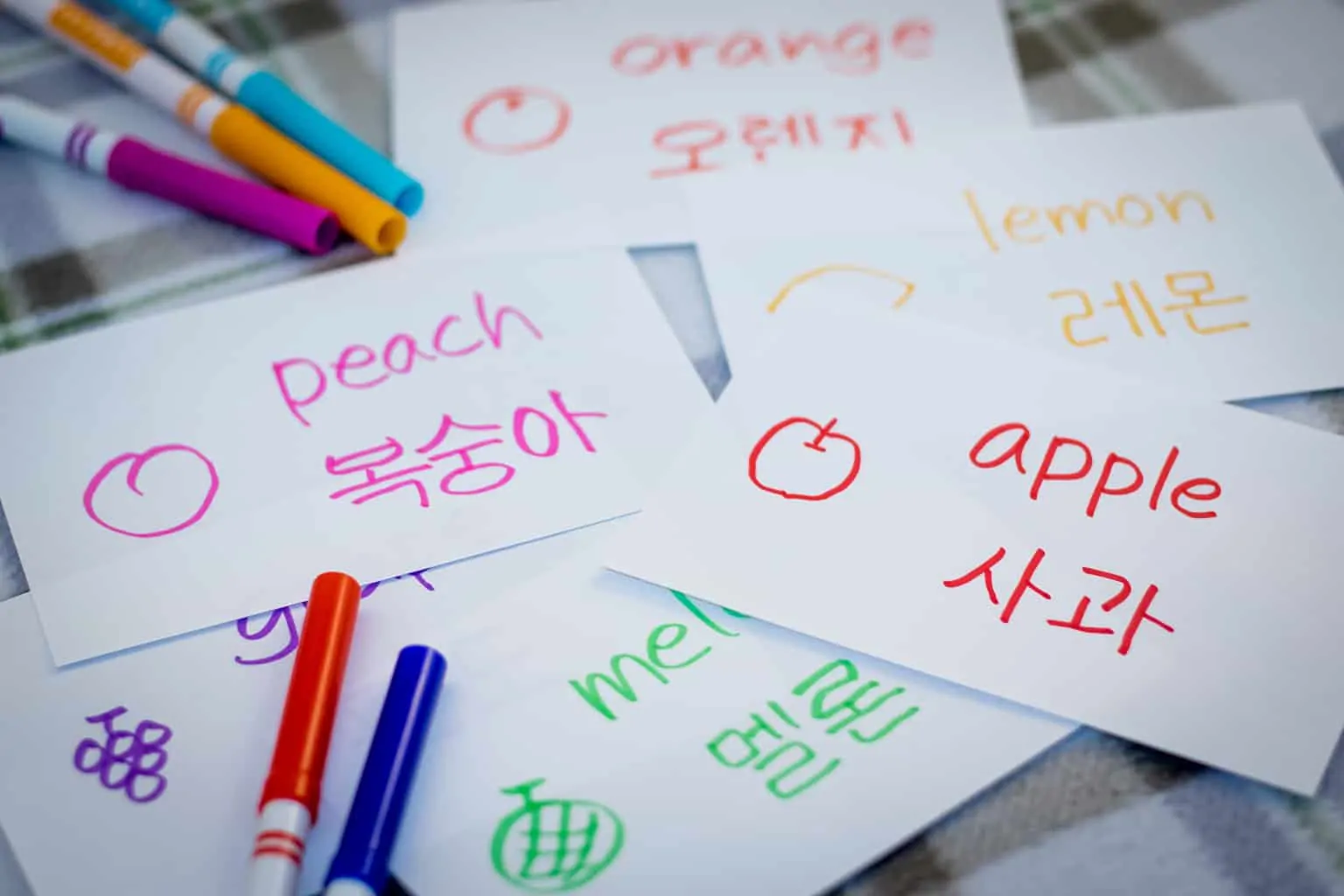
Learning a new language is like opening a window to an entirely new world. It allows you to connect with people from diverse backgrounds, appreciate different cultures, and gain a deeper understanding of the world we live in. Among the plethora of languages spoken across the globe, Korean, with its rich history and cultural significance, has increasingly captured the attention of language enthusiasts and curious minds alike.
The Allure of Korean Language:
Korean is the native tongue of more than 75 million people, predominantly in South and North Korea. However, its influence extends far beyond its borders, as the Korean Wave, or Hallyu, has taken the world by storm. K-pop music, Korean drama series, and Korean cinema have found dedicated fans on every continent, igniting a global interest in the language.
Why Learn Korean?
-
Cultural Connection: Learning Korean offers a profound connection to the rich history and traditions of the Korean people. It provides a gateway to understanding Korean literature, art, and philosophy, which have contributed significantly to global culture.
-
Korean Pop Culture: Whether you’re a fan of K-pop, K-dramas, or Korean variety shows, knowing the language adds an extra layer of enjoyment. You can sing along to your favorite songs, watch dramas without subtitles, and appreciate the humor in variety shows.
-
Travel: Planning a trip to South Korea? Learning the language can greatly enhance your travel experience. Locals appreciate and respect foreigners who make an effort to communicate in their language, even if it’s just basic phrases.
-
Career Opportunities: With South Korea’s booming economy and strong global presence in industries like technology and entertainment, proficiency in Korean can open doors to various job opportunities and international business ventures.
The Journey of Learning Korean:
Learning any new language is a commitment, and Korean is no exception. It has its unique challenges, such as mastering the Hangul script and understanding the complex honorifics system. However, the journey is incredibly rewarding.
-
Mastering Hangul: The Korean script, Hangul, is renowned for its simplicity and efficiency. In just a few hours, you can learn to read and write Hangul, making it an excellent starting point for beginners.
-
Language Courses: Many language schools and online platforms offer Korean language courses. These courses cover grammar, vocabulary, and pronunciation, providing a structured approach to learning.
-
Language Exchange Partners: Connecting with native Korean speakers or language exchange partners can be invaluable. Conversational practice allows you to improve your speaking and listening skills while gaining cultural insights.
-
Immersion: If possible, immerse yourself in the language by spending time in Korea. This not only accelerates your language skills but also exposes you to the culture in its natural setting.
-
Patience and Persistence: Learning a language takes time and effort. There will be moments of frustration, but the key is to persevere. Celebrate small victories along the way, and remember that language is a journey, not a destination.
Conclusion:
Learning Korean is more than just acquiring a new skill; it’s an adventure into a vibrant culture, a journey towards connecting with a global community, and a means to expand your horizons. As you embark on this linguistic voyage, you’ll find that the world of Korean language and culture is as fascinating as it is rewarding. So, take the first step, open your mind to new possibilities, and let the beauty of the Korean language enrich your life.





